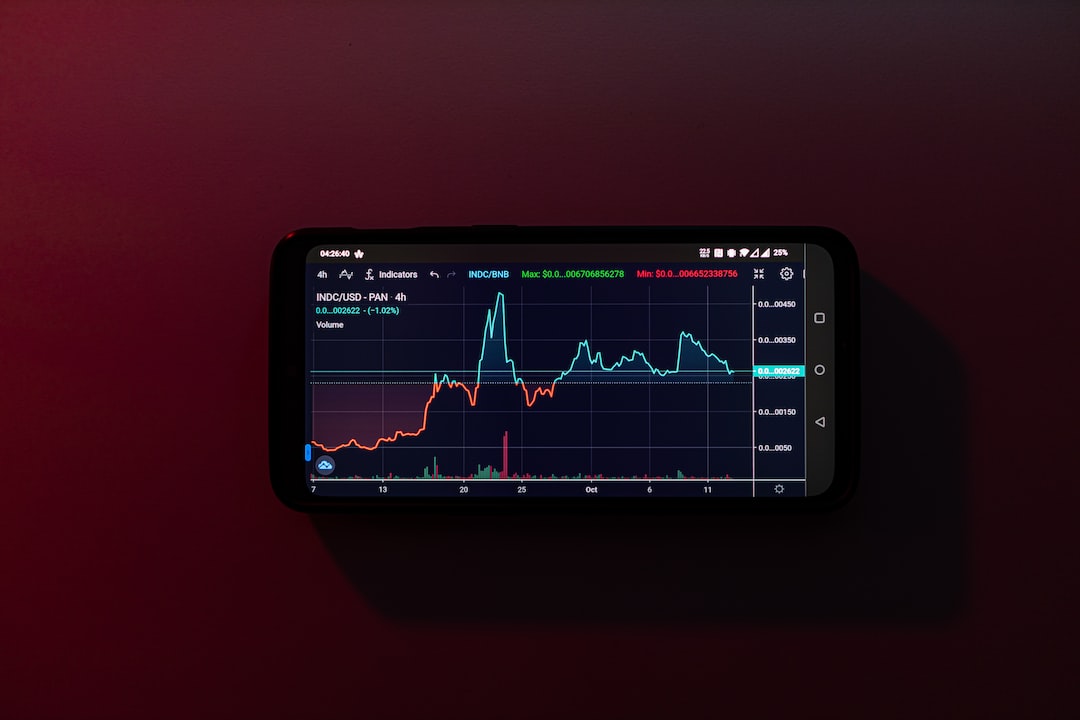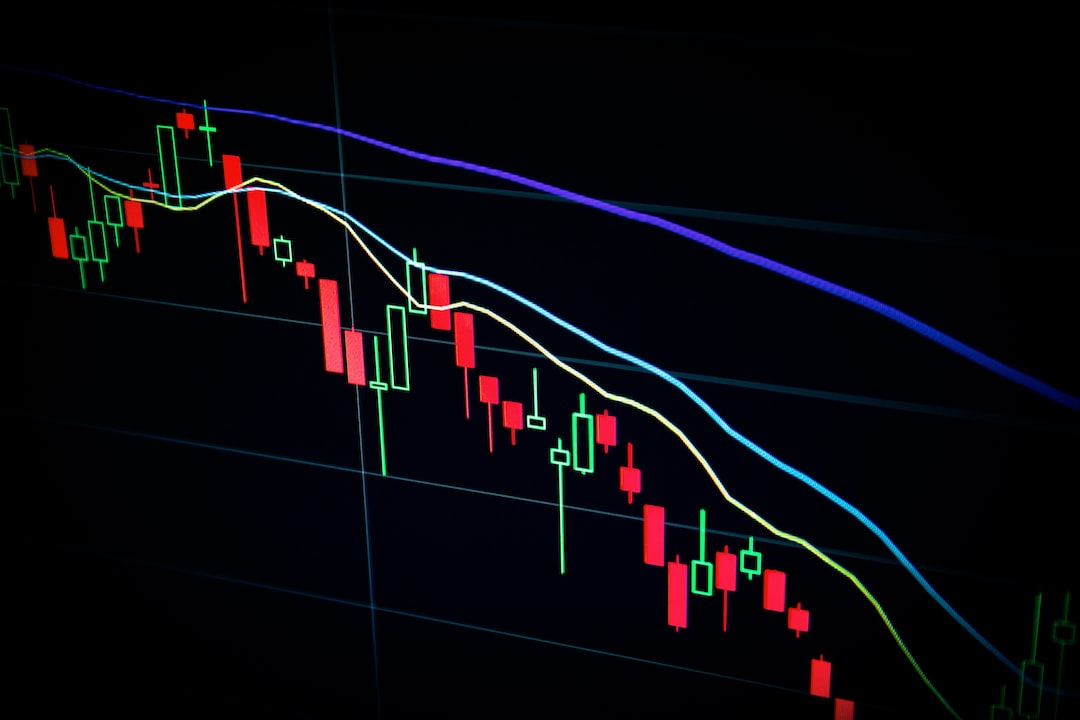Tether: A Popular Choice for Money Laundering, Says UN Report
A recent report by the United Nations (UN) Office on Drugs and Crime reveals that Tether, one of the largest cryptocurrency platforms globally, is increasingly being used by money launderers and fraudsters in Southeast Asia. The report highlights a deceptive tactic called “pig butchering,” where criminals establish false romantic connections to gain victims’ trust and convince them to transfer large sums of money.
Law enforcement agencies and financial intelligence authorities have observed a rise in sophisticated money laundering techniques involving Tether. The evolution of cryptocurrency and other technological advancements has made it easier for criminals to use illicit funds in black market casinos, especially in Southeast Asia. Online gambling platforms, particularly illegal ones, have become popular vehicles for cryptocurrency-based money laundering, with Tether being the preferred choice.
Criminal Organizations Exploit Regulatory Weaknesses
The UN report also highlights the regulatory challenges faced by cryptocurrencies, stating that “cryptocurrency regulations lag behind the illicit activities they seek to combat.” Organized crime groups have taken advantage of these vulnerabilities in the regulatory framework, contributing to the growth of illicit Tether transactions.
Despite enforcement crackdowns on digital assets, criminal organizations continue to use Tether as an effective method for moving funds. Some casinos even specialize in handling USDT transactions openly, such as a money laundering syndicate in Myanmar.
Tether’s Regulatory Scrutiny
Tether has recently faced regulatory scrutiny due to concerns about managing its assets and its connections with financial institutions. The US Commodity Futures Trading Commission (CFTC) accused Tether of making misleading statements about backing its stablecoin with sufficient dollars, resulting in a $41 million fine. Additionally, Tether had deposited over $1 billion with a subsidiary of Britannia Financial Group, led by Julio Herrera Velutini, who is currently facing charges in an alleged bribery scheme.
Tether has made efforts to combat the misuse of its stablecoin for illicit activities. It froze $225 million worth of tokens linked to a criminal syndicate involved in “pig butchering” and human trafficking in Southeast Asia. However, some members of the crypto community accuse the Financial Times of bias against the industry.
Hot Take: Tether’s Role in Money Laundering Raises Concerns
The UN report’s findings about Tether’s use in money laundering and its exploitation by criminal organizations highlight the challenges faced by regulators in combating illicit activities in the cryptocurrency space. It underscores the need for stronger regulations and enforcement to prevent the misuse of cryptocurrencies for illegal purposes. Tether must continue its efforts to address these concerns and work closely with authorities to ensure the integrity of its stablecoin.





 By
By
 By
By
 By
By

 By
By
 By
By